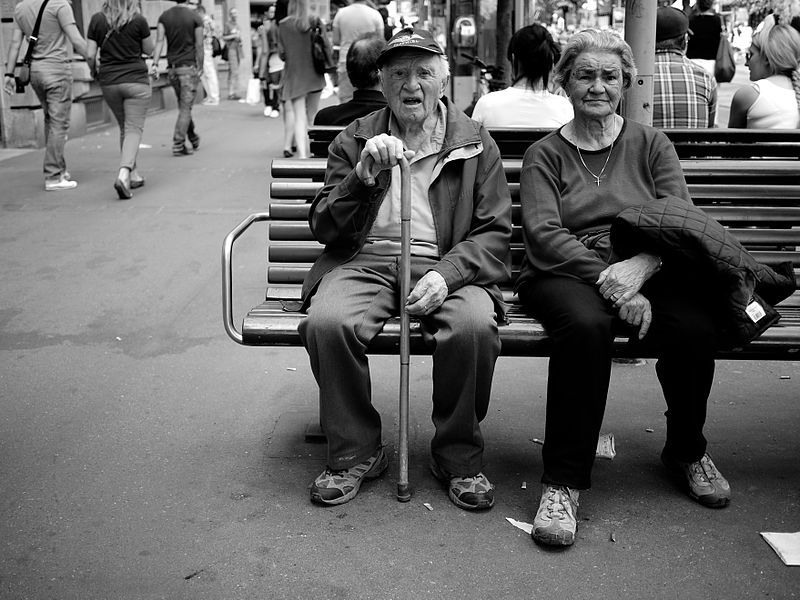Four weeks between changing the bed linen, four weeks between washing the floor – these are just a few examples of the deterioration of elderly care across the country in recent years.
New figures from DR reveal that municipalities have been using 12 percent less care per elderly person since 2008 – or the equivalent of 5,245 kroner less per person. And according to municipal budgets for 2015, the curve will continue to head downwards.
“These figures show that municipalities generally skimp on care for the elderly,” Tine Rostgaard, a professor at Aalborg University, told DR.
“Switching the elderly’s linen every four weeks shows a significant deterioration in the quality of care for the elderly.”
Lack of care, lack of dignity
With the number of elderly increasing by approximately 23 percent over the past few years, experts are shocked by the lack of care and support within the sector.
According to findings, the municipality’s elderly must be “… severely demented, blind or almost lame” to get practical help with cleaning, laundry and dishwashing.
“We are down scraping the bottom. It is shameful and totally unacceptable that older people should be sleeping in dirty linen for four weeks,” Bjarne Hastrup, the head of DaneAge, told DR.
There is also evidence of neglect in the number of home-care hours, which has been reduced by over 5 million hours in the past seven years.
“During the crisis, the municipalities have saved and saved on elderly care. Now the finance minister must loosen its stranglehold on local authorities and ensure they have sufficient funds to treat the elderly with dignity,” he continued.
Elderly numbers skyrocket
According to Danmark Statistisks, the number of elderly people has increased by almost 200,000 over the past seven years, and the trend looks set to continue.
These figures reveal the need for more funds for the regions, says the association.
“In the coming year, we will see at least 10,000 more elderly with dementia, so the area must be fed significantly more resources if we are to continue treating the elderly with dignity,” Bjarne Hastrup from Danmark Statistisks told DR.
It is estimated that in five years time, there will be more than 140,000 elderly than today.















